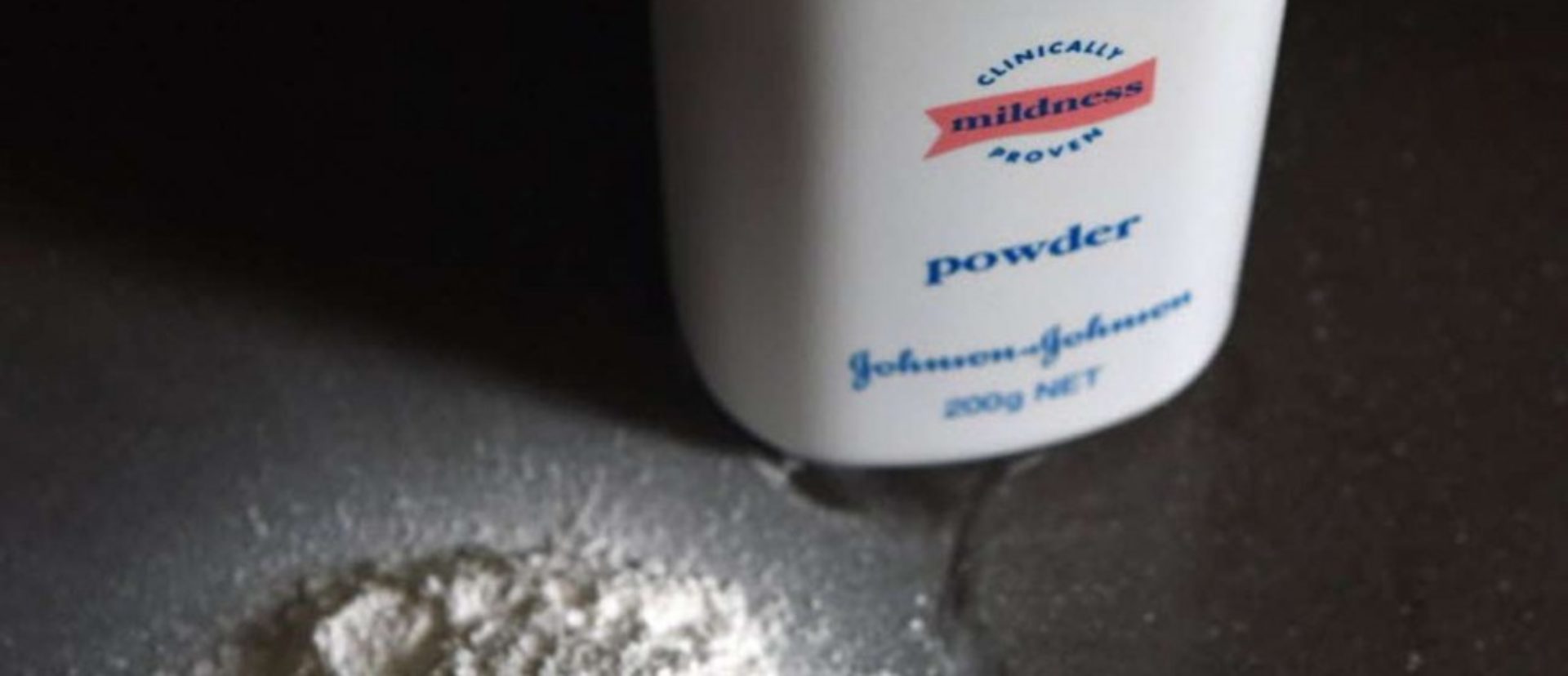–by Dorothy Atkins with Additional reporting by Daniel Siegal and Cara Salvatore. Editing by Jay Jackson Jr.
A California judge refused Friday to grant Johnson & Johnson a new trial after a jury found the company’s talcum-based baby powder contained cancer-causing asbestos that caused a woman’s mesothelioma and said the $29.5 million award isn’t excessive since it’s estimated the young mother will lose 31 years of her life.
During a hearing in Oakland, Alameda Superior Court Judge Brad Seligman said he has listened to scores of cases, but the testimony of plaintiff Teresa E. Leavitt, her husband, Dean J. McElroy, who is a Clyde & Co. attorney, and their doctor was more powerful than most.
He recalled that Leavitt gave “exceedingly detailed and very ugly testimony” about the medical procedures she has undergone to treat her mesothelioma and the side effects of her cancer treatments, which have caused her kidney problems and intense pain. The judge said he also heard about how she saved her husband’s life when they met and how she knows she will have to say goodbye to her two teenage daughters, perhaps right at the ages when they need her the most. That testimony, along with other evidence presented during trial, supports the jury’s $29.5 million verdict, he said.
“She knows she’s going to die, and she also knows it’s going to be a particularly brutal death,” the judge said. “I think that there’s more than enough evidence to support a substantial verdict in this case.”
A 12-member Oakland jury returned the verdict in Leavitt’s favor on March 13, wrapping a monthslong trial over claims that J&J and onetime talc supplier Cyprus Mines Corp. manufactured and sold baby powder that was contaminated with asbestos. Leavitt testified that her mother used the product on her as a baby in the 1960s and that she continued to use it herself as a teen, powdering her face and hair daily for years. During trial, the jury heard testimony from Leavitt’s expert biologists and pathologists who said they found talc and asbestos fibers in her lung tissue and asbestos fibers in her lymph nodes. The amount of asbestos in the tissue was too high to have come from ambient air, the pathologist said.
After roughly two days of deliberating, the jury found that J&J’s baby powder contained asbestos, that it was a substantial factor in causing Leavitt’s cancer and that the companies failed to adequately warn of potential risk in the powder. They found J&J 78% liable, J&J Consumer Inc. 20% liable, and Cyprus Mines 2% liable. Another mining company, Imerys Talc America, was initially named as a defendant as well, but Imerys was dropped from the case midtrial, the day after it filed for Chapter 11 bankruptcy due to liability the company faced from similar lawsuits.
The jury awarded Leavitt $291,000 for past medical expenses, $1 million for future medical expenses, $1.2 million for loss of earnings, $7 million for past physical pain and mental suffering, and $15 million for future physical pain and mental suffering. They also awarded $5 million to her husband, McElroy, for past and future loss of love and companionship.
After the verdict, J&J asked the court to hold a new trial and sought a motion for judgment notwithstanding the verdict.
During a hearing on the motions Friday, J&J’s counsel, Paul R. Johnson of King & Spalding, argued that the millions in noneconomic damages to Leavitt were excessive and there wasn’t sufficient evidence to show that the baby powder Leavitt used had asbestos. He also argued that the jury should have been asked to determine what percentage of responsibility the now-bankrupt Imerys holds.
“Justice ought to be consistent,” Johnson said.
Additionally, he argued that J&J didn’t have a duty to warn, in part because the U.S. Food and Drug Administration didn’t require a warning label, and he said the court erred by asking the jury to decide whether the companies were liable for a design defect claim, because J&J didn’t design baby powder to contain asbestos.
“This product was never designed to have asbestos in it,” he said.
However, Leavitt’s counsel, Denyse Clancy and Michael Stewart of Kazan McClain Satterley & Greenwood, argued that they put forward plenty of evidence to support Leavitt’s asbestos exposure and the damages award was warranted, particularly since Leavitt is a dying young mother who has to say goodbye to her young children.
“It’s not a runaway jury who awarded punitive damages,” Clancy said.
Clancy also argued that they showed J&J instructed talc mining companies not to report asbestos levels under a certain threshold, therefore a reasonable jury could have concluded that J&J bore total responsibility for the conduct. She added that they were “lucky” that the jury found Cyprus 2% at fault.
At the end of the hearing, the judge rejected both of the company’s motions. He also said he doesn’t think it needs to be proven that a defendant’s conduct was intentional to be held liable for a design defect claim, but even if it does, there’s enough evidence in the record to support a finding that J&J knew its talc contained asbestos and tried to get rid of it, but couldn’t.
The Leavitt case is one of thousands pending across the country over allegations that talc products contaminated with asbestos caused plaintiffs’ cancers. Currently, Judge Seligman’s colleague, Alameda Superior Court Judge Frank Roesch, is presiding over another trialover similar claims brought by plaintiff Patricia Schmitz against J&J and Colgate-Palmolive. Closing arguments in the Schmitz trial are expected to begin May 30.
Leavitt is represented by Denyse Clancy and Michael Stewart of Kazan McClain Satterley & Greenwood.
J&J is represented by Paul R. Johnson of King & Spalding and Nathan Dullum of Orrick Herrington & Sutcliffe LLP.
The case is Leavitt v. Johnson & Johnson, case number RG17882401, in the Superior Court of the State of California, County of Alameda.
